The five-day training program on “food processing and preservation for new product development”, funded by the EU Switch-Asia Programme, through the Sustainable Hospitality Industry Inclusive of Native Entrepreneurs (SHINE) project was successfully conducted from 16 to 20 January, 2024.
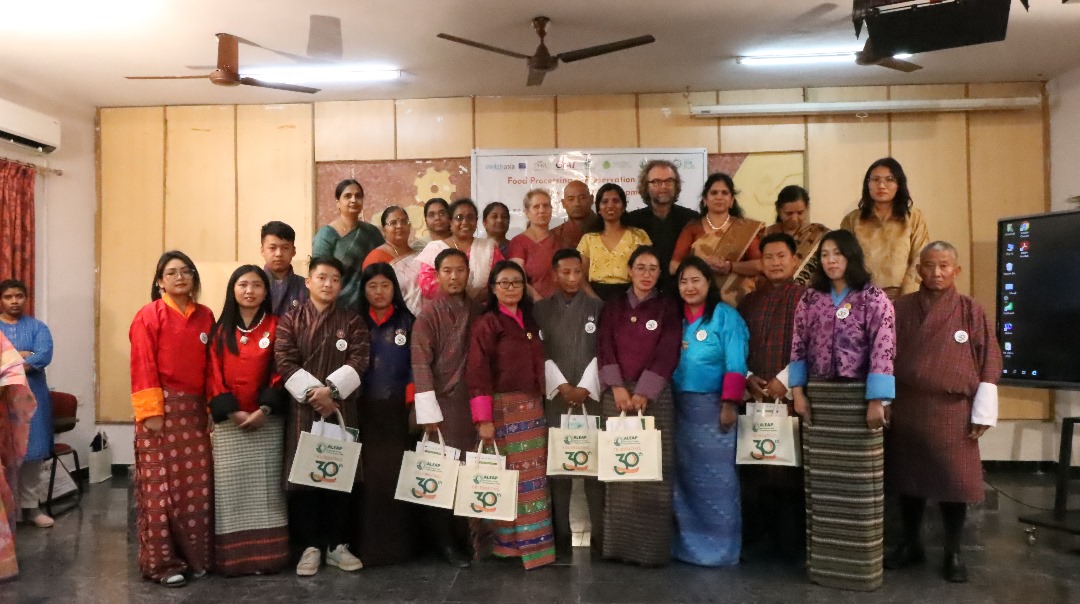
The Center for Appropriate Technology (GrAT), Stenum Asia, and the Association of Lady Entrepreneurs of India (ALEAP) collaborated to design the training program for the selected 15 entrepreneurs and cooperatives from eastern Bhutan. Their products include diary, peanut, mushroom, cookies, pickle. Participants were evenly selected from the 7 target districts.
The SHINE project engaged ALEAP, acknowledging their long experience and excellent facilitation for women in acquiring entrepreneurial skill, guiding to become economically independent and assisting them in all walks of life in their enterprising endeavors. Entrepreneurship development and hand-holding support is one of the core areas of ALEAP portfolio.
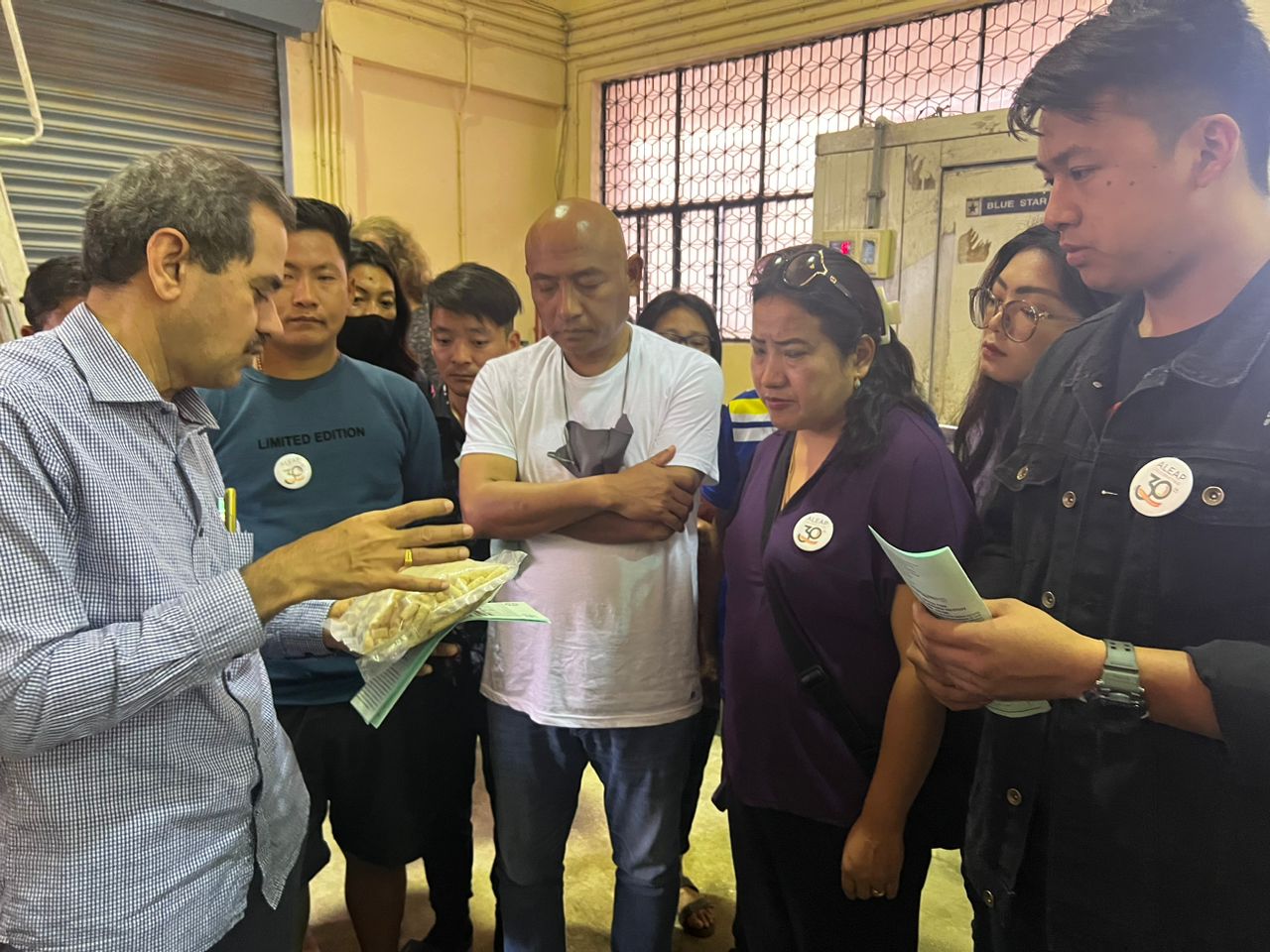
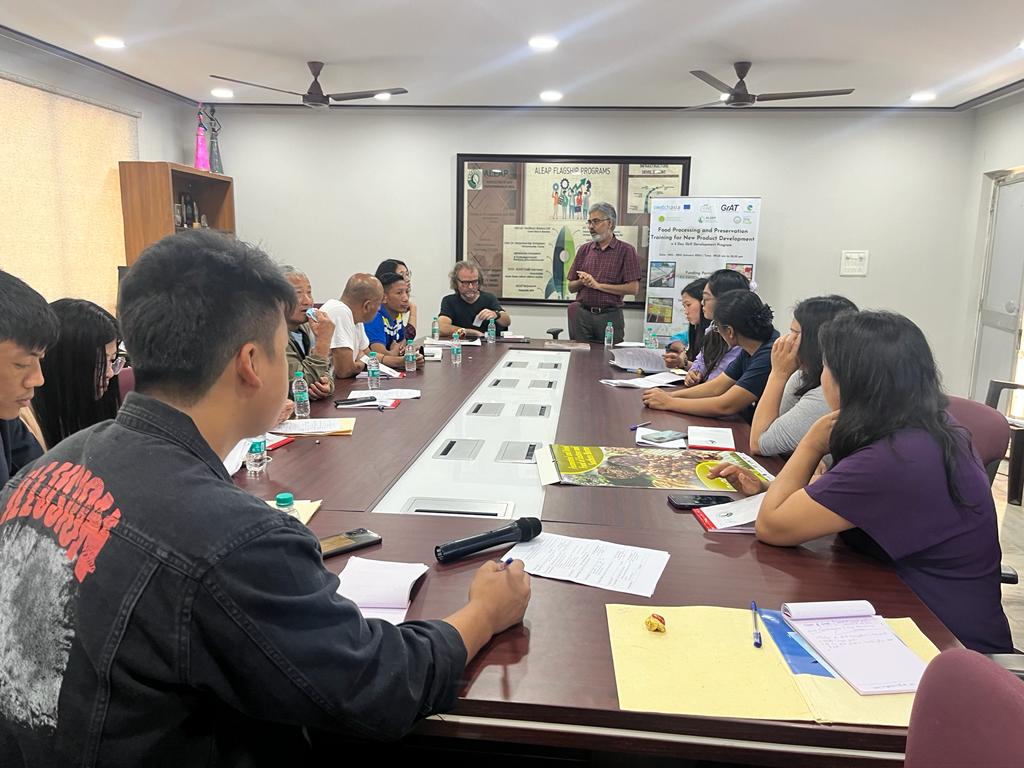
The training program was composed with expert-led theory sessions, industrial visits, hand-on training, new product development, cultural exchange and network opportunities. Many experts shared their extensive experience and success stories in food processing sector, as well as the challenges and issues they faced initially during the establishment. The stories of the entrepreneurial journey inspired the participants, having the opportunity to engage with experts, ask questions, and gain practical knowledge.
The training placed a strong emphasis on new product development within the food processing industry. Bhutanese participants learned how to ideate, innovate, and bring new food products to market, aligning with the evolving demands of consumers. The training offered participants networking opportunities, encouraged to explore new products, and mentorship, in addition to covering the technical parts of food production. Through the industrial tours, participants were able to observe how theoretical concepts were applied in real-world operations, which deepened their awareness of the opportunities and challenges to avoid in their business.
Diverse topics were covered, ranging from Good Hygiene Practice (GHP) and Good Manufacturing Practice (GMP), distillation and mushroom cultivation, to shelf-life control and packaging, to cutting-edge industrial technologies and organic food processing ensured that participants received a well-rounded education in the field. The engagement with the women entrepreneurs further emphasized the importance of diversity and inclusion in the food processing sector.
In the hands-on training, chili and millet were used to make chili paste and millet snacks. Another practical session was about how to make different candies and cookies.
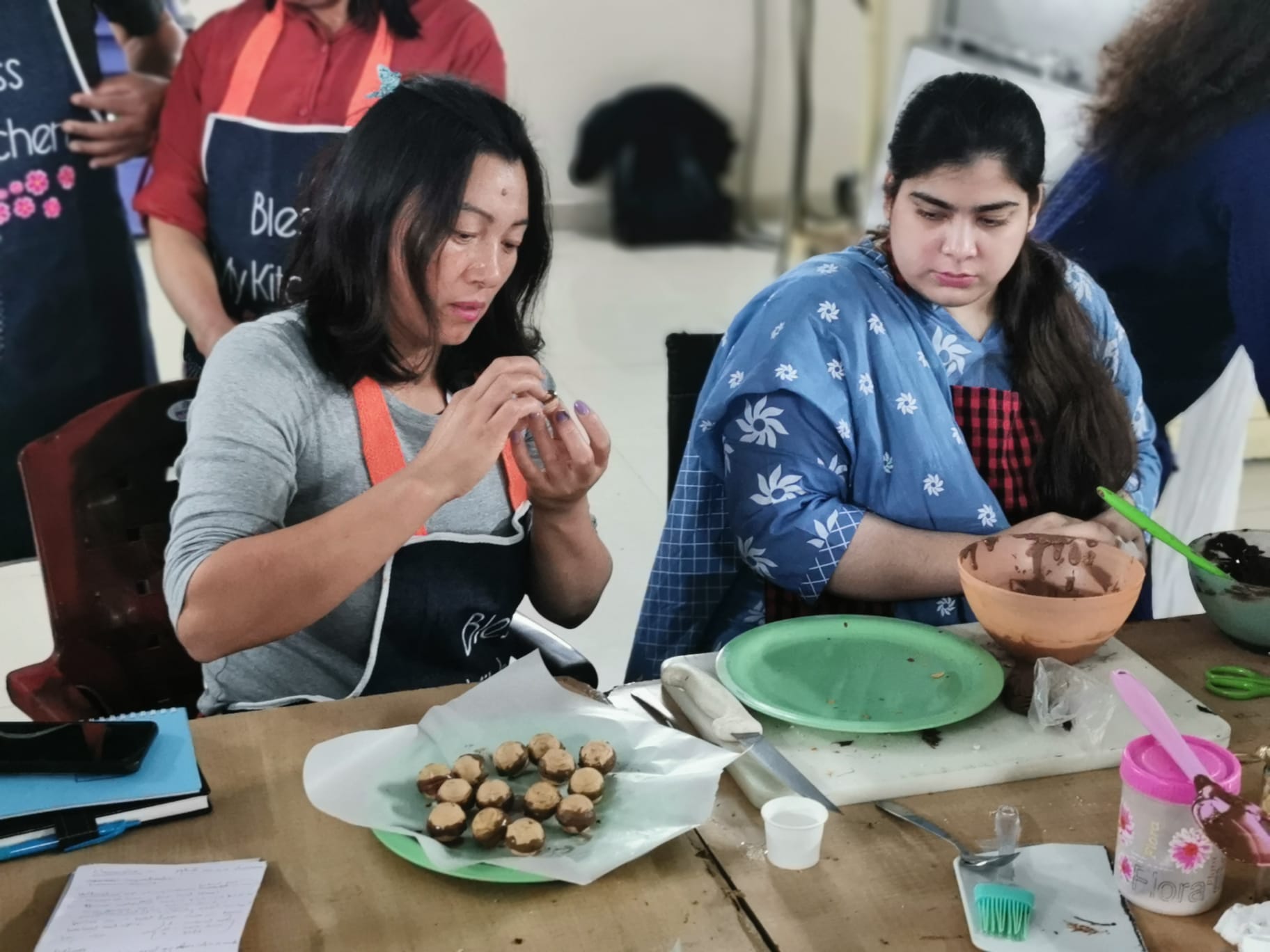

Throughout the training program the participants showed great deal of interest and enthusiasm, looking forward to developing their own new products and improving existing ones. Proactive marketing strategies both in local and international market were also learned. Certificates were awarded to acknowledge their successful completion of the training, symbolizing their new found expertise in food processing and preservation.
“The program provided a valuable overview of the technological landscape in the food processing sector and the focus on a sustainability and how technology can be harnessed for both innovation and environmental responsibility,” said by Mr. Jamyang Tenzin.
Feedback from the participants indicated a high level of satisfaction with the program. Many expressed appreciations for the practical nature of the training, citing increased confidence in adopting advanced food processing and preservation techniques. Participants highlighted the cultural exchange aspect as a valuable component, contributing to a holistic learning experience.
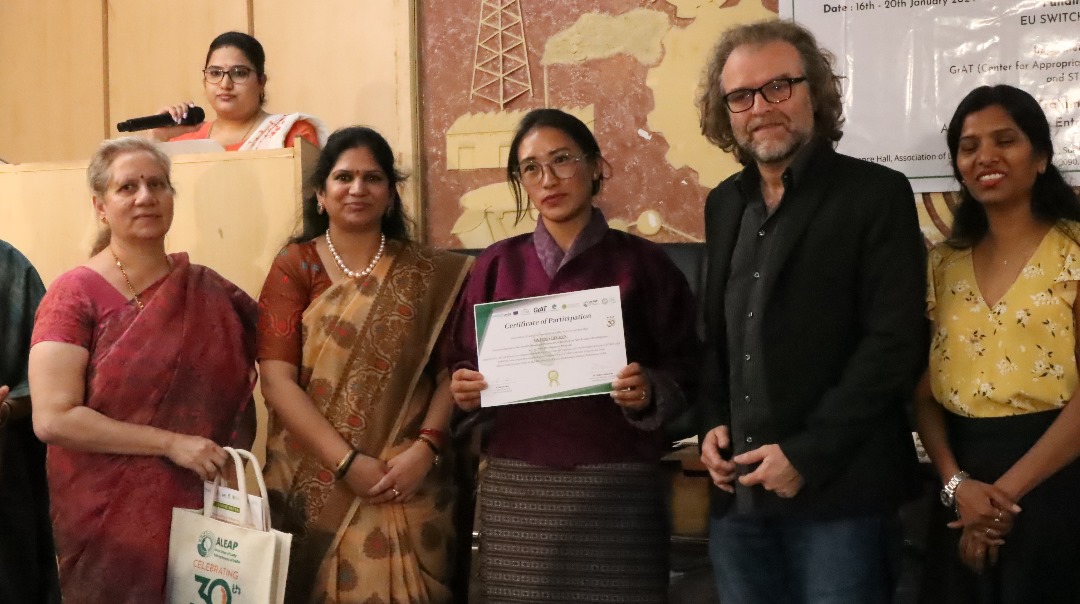
participants with knowledge, fostering entrepreneurial spirit, and creating a platform for collaboration and networking. The program laid a strong foundation for participants to embark on their journeys in the food processing industry, equipped with the skills and insights necessary for success.

